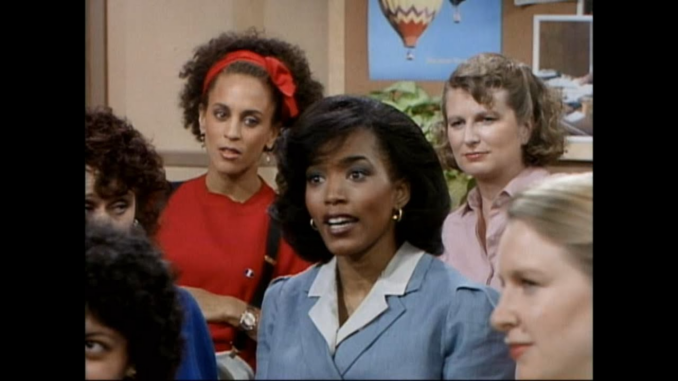
The Cosby Show, which aired from 1984 to 1992, is undeniably one of the most iconic sitcoms in television history. For years, viewers tuned in to see the Huxtable family navigate the ups and downs of life in a way that felt both hilarious and heartwarming. But behind the bright smiles and impeccable comedic timing, there are secrets and stories that even the most dedicated fans may not know.
The Origins of the Huxtable Family
The concept for The Cosby Show was groundbreaking in the ’80s. Bill Cosby, already a popular comedian, wanted to create a show that focused on a successful African-American family. Unlike the portrayal of black families in TV at the time, Cosby’s Huxtables were affluent, well-educated, and loving. The family structure broke away from stereotypes, showing African-American success in a way that had never been done before.
What many fans don’t know is that the Huxtable family wasn’t just a fictional creation. Bill Cosby and his team worked with real-life professionals and experts to make sure that the characters were portrayed with authenticity. Cosby wanted a show that depicted a positive, educated, and aspirational black family, providing a counter-narrative to the usual TV tropes.
The Casting Process
One of the most fascinating behind-the-scenes facts is the casting of the Huxtable family. The chemistry between the characters wasn’t just magical on-screen — it was a carefully curated process that involved auditioning countless actors to ensure the right family dynamic. Cosby wanted the actors to feel like a real family, and he was known for being meticulous about casting.
For example, Phylicia Rashad, who played Clair Huxtable, wasn’t initially Cosby’s first choice for the role. In fact, Cosby had his sights set on another actress for Clair. However, after seeing Rashad’s powerful portrayal of a strong, confident woman in her stage performances, he knew she was the perfect fit. Her portrayal would go on to become one of the most iconic TV matriarchs in history.
Behind the Camera: Bill Cosby’s Vision
Though Cosby’s star power as an actor was undeniable, his true genius came through in his role as the creator and executive producer of The Cosby Show. He worked tirelessly to ensure that the show maintained its cultural integrity, staying true to the vision he had for the portrayal of the Huxtables.
An untold fact that many fans might not realize is just how much Bill Cosby took on in terms of the creative direction. He not only wrote and created the storylines, but he also was deeply involved in the production process, even choosing the musical score. For him, every aspect of the show needed to align with the portrayal of a family that was both aspirational and grounded in reality. Cosby was known for his meticulous attention to detail, and this carried through every episode, setting the show apart from others.
The Iconic Theme Song
One of the most beloved and instantly recognizable parts of The Cosby Show is its theme song, “Kiss Me,” performed by jazz artist Bill Cosby himself. Fans loved the light-hearted, jazzy tune that introduced the Huxtables, giving the show its own special feel. What many people don’t realize, however, is that the song wasn’t initially planned. Cosby, always looking for ways to innovate, decided to record the theme music himself and infuse the show with his personality. It was a perfect introduction to the charm of the show and set the tone for every episode.
The Real-Life Inspiration Behind the Show
The Huxtables may have been a fictional family, but their lives weren’t entirely fictional. Many elements of their experiences were drawn from Cosby’s real life. For instance, Cosby’s own experiences with raising children in a blended family helped shape the show’s storyline. In fact, Cosby himself often drew from his own fatherhood experiences to write many of the episodes. He also incorporated moments from his own upbringing to emphasize the importance of family and education in the Huxtable household.
For Cosby, the ultimate goal was to show African-American families in a positive light, offering representation that was both nuanced and authentic. The show’s success and cultural impact speak volumes about how deeply it resonated with its audience.
